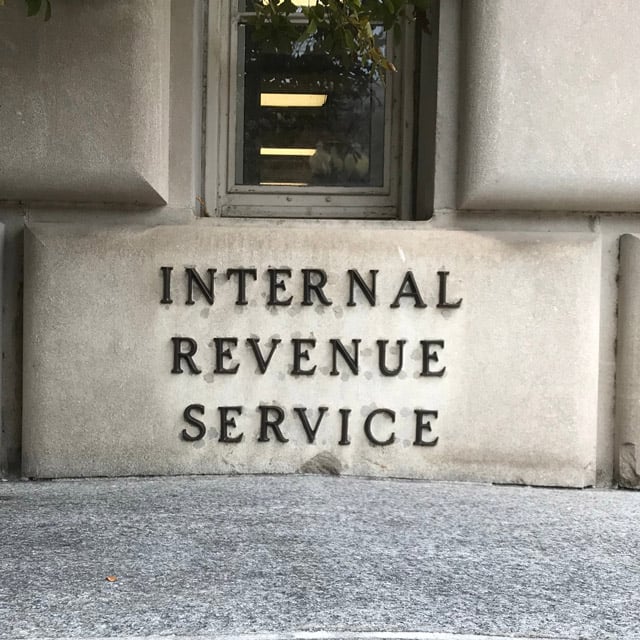
Erin Collins, head of the Taxpayer Advocate Service, an independent organization within the Internal Revenue Service, issued her statutorily mandated midyear report to Congress on Wednesday.
The report presents an assessment of the 2021 filing season, and identifies key objectives the TAS will pursue in the coming fiscal year. It also contains the IRS' responses to the 73 administrative recommendations Collins made in her 2020 annual report to Congress.
In the new report, the advocate lays out the difficulties the IRS faced in performing its traditional work because of the pandemic and the added responsibilities it was assigned to make three rounds of stimulus payments, which combined to create significant challenges for taxpayers.
Successes and Failures
In the 2021 tax filing season, the IRS processed 136 million individual income tax returns and issued 96 million refunds totaling some $270 billion. That matches up closely with the results of the last typical filing season in 2019, the report said.
Besides its traditional work, the IRS issued three rounds of stimulus payments over the past 15 months as directed by Congress, making about 475 million payments worth $807 billion to mitigate the effect of the pandemic on U.S. families and businesses.
The report said most taxpayers successfully filed their returns and received their refunds, but a historically high number did not.
At the end of the filing season, the IRS had a backlog of more than 35 million individual and business income tax returns that require manual processing, i.e., employee involvement before a return can advance to the next stage in the processing pipeline. The culprit? The pandemic-related evacuation order that restricted employee access to IRS facilities.
The processing backlog matters greatly, the report said, because most taxpayers overpay through wage withholding or estimated tax payments and are entitled to receive refunds when they file their returns. The government also uses the tax system to distribute financial benefits, such as Earned Income Tax Credits.
"For taxpayers who can afford to wait, the best advice is to be patient and give the IRS time to work through its processing backlog," Collins wrote. "But particularly for low-income taxpayers and small businesses operating on the margin, refund delays can impose significant financial hardships."
According to the report, the IRS received 167 million telephone calls on its toll-free lines in the 2021 filing season, more than four times as many as during the 2019 filing season. IRS employees could not keep pace with this massive volume of calls, resulting in the poorest service ever, the report said.
The IRS reported a "Level of Service" on its Accounts Management telephone lines of 15%, with only 7% of taxpayer calls reaching a telephone assistor. On the "1040" line, the most frequently called IRS toll-free number, taxpayers placed about 85 million calls, but only 3% reached a telephone assistant.
"When so few callers can get through to a telephone assistor, problems remain unsolved and taxpayer frustration mounts," Collins wrote.
Lessons From the Pandemic Year
Over the long run, the report said, lessons learned from the pandemic can be useful in helping to identify or reprioritize needs for improved tax administration and taxpayer service.



